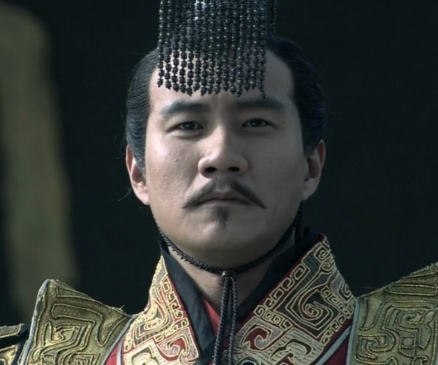In ancient Chinese literature, the term "Ziruo" (self-possessed) is often used to describe a person's psychological state or behavioral performance in a certain situation. It is usually used in combination with other words to create expressions full of artistic conception. This article will focus on the theme of "what words come before Ziruo" to explore the use of "Ziruo" in classical poetry and its cultural charm.

I. Interpretation of the Meaning of "Ziruo"
The term "Ziruo" is composed of "Zi" (self) and "Ruo" (like). It is translated directly as "like oneself". In literary works, "Ziruo" is mostly used to describe a person's ability to maintain inner calm and ease when facing external changes, without being disturbed.
This mindset reflects the ancient scholars' pursuit of transcending material desires and achieving a state of inner tranquility.
II. The Classic Combination of "Tairan Ziruo"
Among many words combined with "Ziruo", the combination of "Tairan" (calm) and "Ziruo" is the most classic. The idiom "Tairan Ziruo" describes a person's ability to maintain calm and composure when facing difficulties or dangers, not being disturbed by the outside world.
This mindset demonstrates a kind of detachment and self-confidence, which is a noble character praised by ancient scholars.
III. The Application of "Ziruo" in Poetry
"Ziruo" is widely used in ancient poetry. For example, Wang Wei, a poet of the Tang Dynasty, wrote in "Bird Singing Valley": "People are at ease, watching the falling osmanthus flowers. The night is still, and the spring mountains are empty. The moon rises, surprising the birds in the mountains, which chirp in the spring valley."
The word "Xian" (at ease) here has a similar effect to "Ziruo", both expressing the poet's inner tranquility and ease found in nature.
IV. The Application of "Ziruo" in Other Literary Works
In addition to poetry, "Ziruo" can also be found in other literary forms such as ancient prose and novels. In "Dream of the Red Chamber", Jia Baoyu, after experiencing a series of life changes, is still able to "talk calmly and self-possessedly", reflecting his detached attitude towards the world and his calm acceptance of fate.
Conclusion:
"Ziruo", as a vocabulary that describes mindset, carries rich cultural connotations and humanistic spirit in ancient literary works. Whether it is combined with "Tairan" to form an idiom or combined with other words in poetry and songs, it conveys a lifestyle that transcends the secular world and achieves inner peace.
Through the exploration of "Ziruo", we can not only appreciate the wisdom of the ancients but also find inspiration for facing modern life.
Disclaimer: The above content is sourced from the internet and the copyright belongs to the original author. If there is any infringement of your original copyright, please inform us and we will delete the relevant content as soon as possible.






























